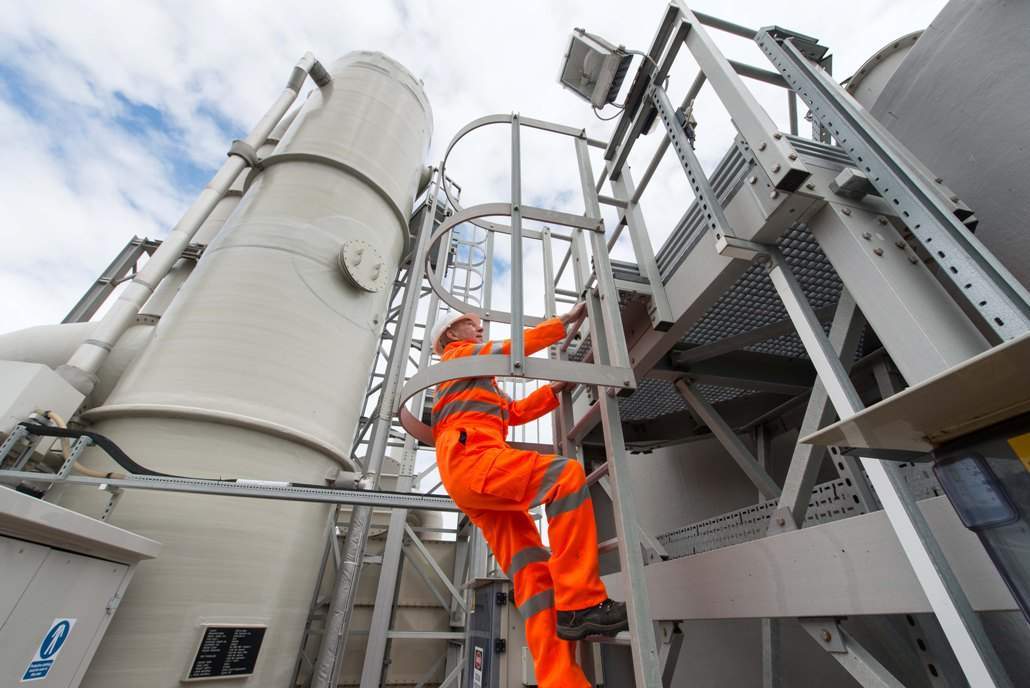Veolia has partnered with Irish Water to develop and operate a new 75 million litres per day water treatment plant in Vartry, Co Wicklow, Ireland.

Image: A worker at one of Veolia’s plants. Photo: Courtesy of Veolia.
The new water treatment plant has been designed to meet the growing and future needs of Dublin population. It will secure the existing supply and will be part of Irish Water’s €200m investment plan in the Vartry Water Supply Scheme.
The Vartry Water Supply Scheme project will supply safe and sustainable drinking water for nearly 200,000 people in the Greater Dublin region.
As per the contract, Veolia will be responsible for the design, construction, commissioning and testing and interim operation of new water treatment buildings including treatment units, sludge management facilities, wash-water settlement tanks, a standby generator and reservoir upgrades.
These works are expected to take nearly 24 months to complete and will be followed by an interim operation and maintenance contract delivered by the local Veolia teams.
The new plant will have a treatment capacity of 4,200m3 per hour for raw water and the treated water output of 4,000m3 per hour will secure the existing supply.
The treatment process has several of Veolia’s new technologies including the Spidflow, which is claimed to be ideal for the treatment of reservoir water containing low density particles and algae.
Veolia Ireland Director Joe Higgins said: “This strategic project shows how we are optimising precious natural resources and delivering greater sustainability for Irish Water as we work together meet the growing needs in Ireland.
“Our global water experience will ensure that we can deliver this important local infrastructure, maintain the capacity for economic growth, and build resilience into our water systems for the future.”
The company said that the contract follows the successful water treatment upgrades delivered to Irish Water at the Ballymore Eustace, Kingscourt and Portarlington facilities.
The Veolia group claims to have supplied 96 million people with drinking water and 62 million people with wastewater services in 2017.
